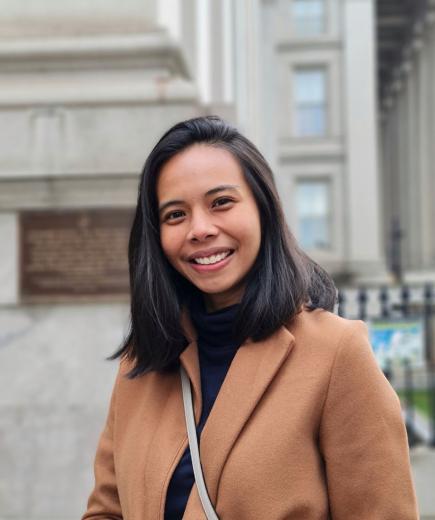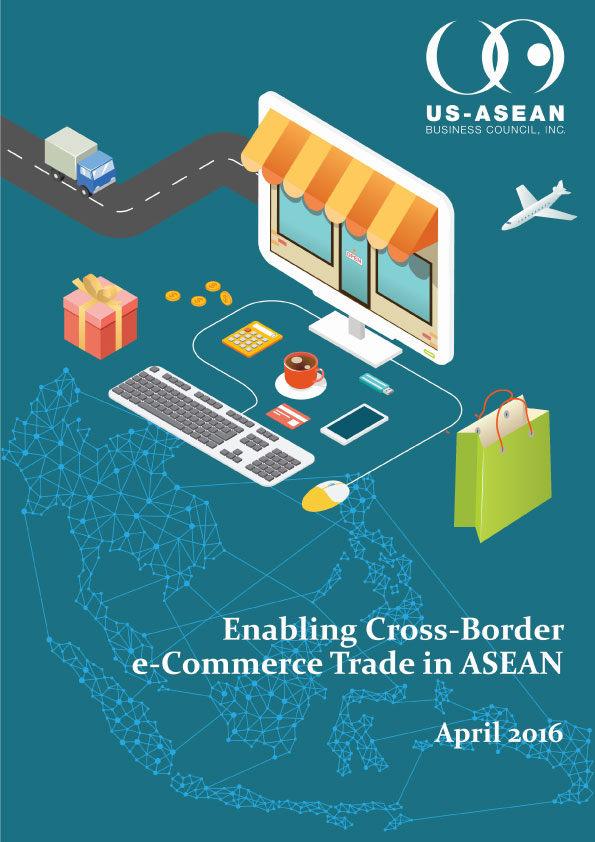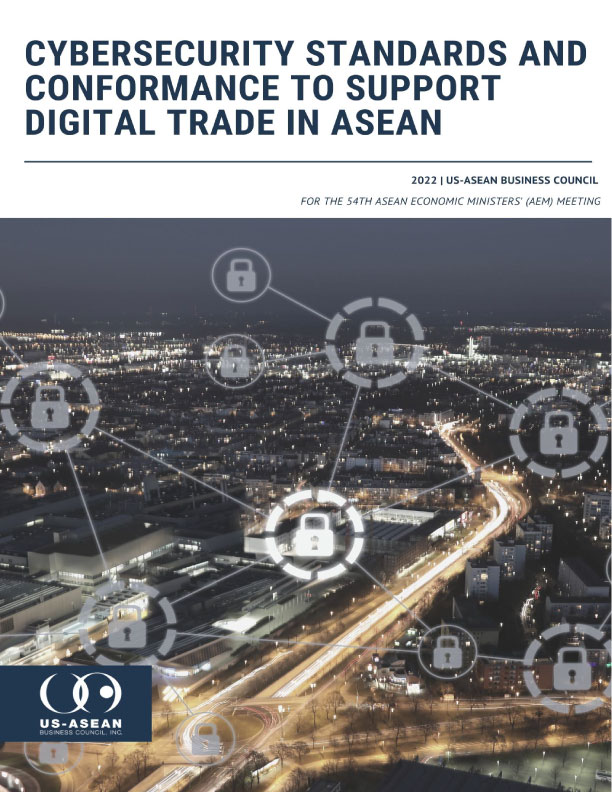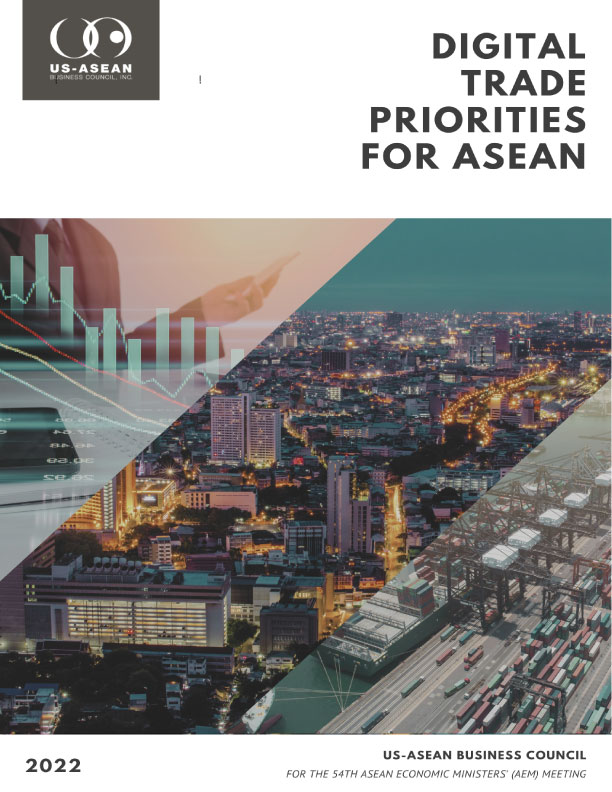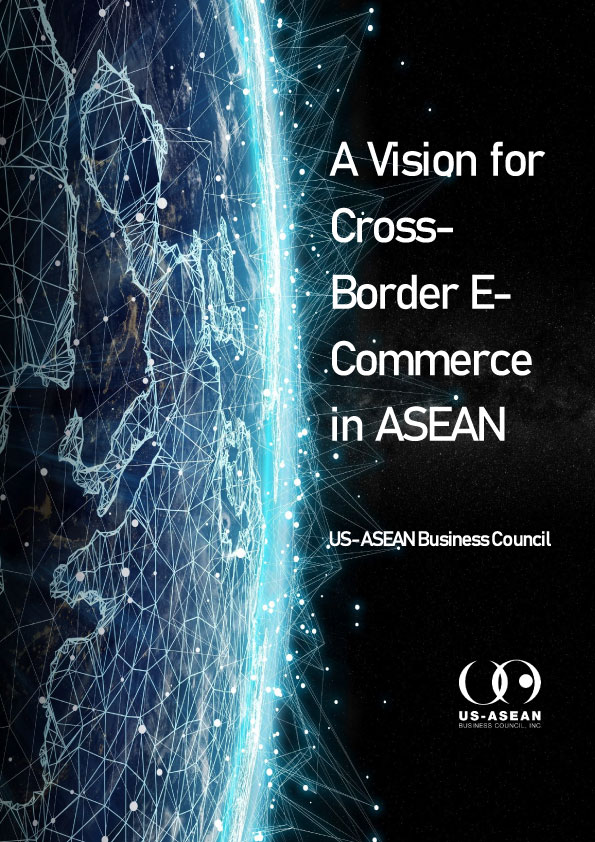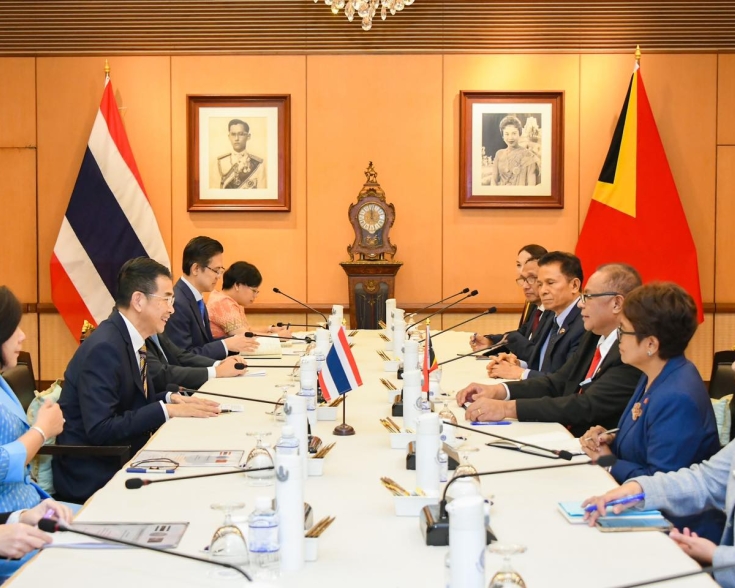Strategic Outcomes Across Singapore’s Cyber, Energy, and Fintech Weeks
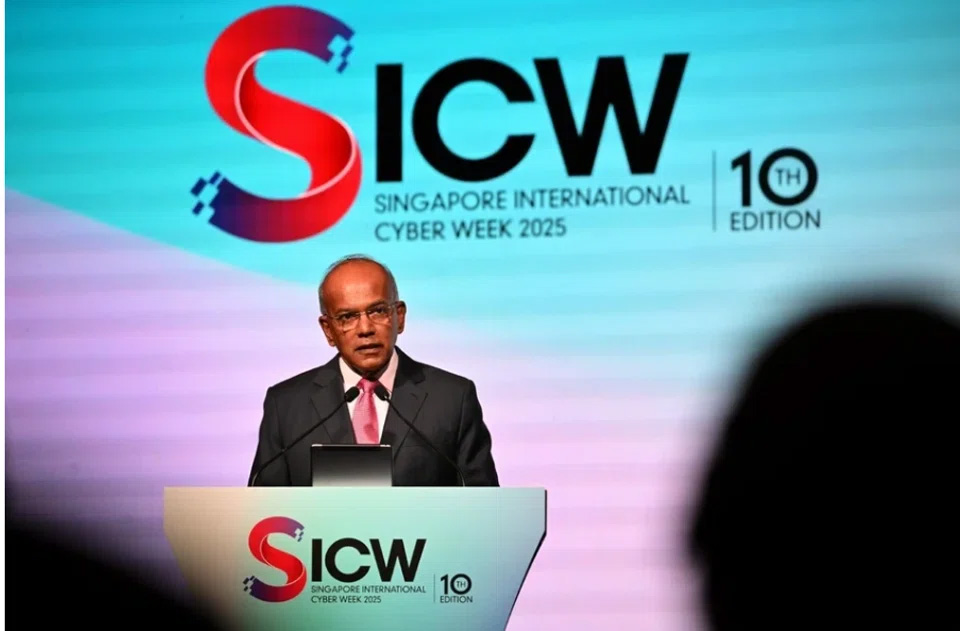
SICW: Singapore is strengthening public-private collaboration in cyber defense. The government announced that it will share classified threat intelligence with critical sectors such as energy, telecoms, and finance to prevent cyberattacks. Furthermore, the newly established Digital Defence Hub will enhance Singapore’s capabilities to improve coordination, better understand sophisticated threats to enhance detection and block attacks more effectively. Singapore also joined the Global Cybersecurity Labelling Initiative (GCLI) to streamline IoT device security standards internationally, reinforcing its commitment to safeguarding critical infrastructure in cybersecurity.
SIEW: Singapore continues to develop its low-carbon and nuclear strategies. The government announced that it is launching a 700MW low-carbon data center park on Jurong Island powered by biomethane. The development of Jurong Island into a hub for sustainable materials is expected to create 1,000 new jobs from investments into more than 30 new specialty chemicals. Singapore is also partnering with U.S. institutions to develop advanced nuclear technologies, including Small Modular Reactors. These pronouncements highlight Singapore’s strategy to decarbonize key sectors and achieve net-zero emissions by 2050.
SFF: Singapore is moving forward with its use of blockchain-based finance. The Monetary Authority of Singapore announced plans to pilot tokenized government bills that will be settled using a wholesale central bank digital currency (CBDC), which is a digital form of money used by banks for large transactions. This builds upon the Borderless, Liquid, Open, Online, Multi-currency (BLOOM) initiative MAS launched earlier to expand settlement capabilities using tokenized bank liabilities. The central bank is also preparing new laws to regulate stablecoins, focusing on strong reserve backing and reliable redemption. These developments, alongside guidelines for responsible AI adoption in financial services, underscore Singapore’s strategy to build a secure digital asset ecosystem.
